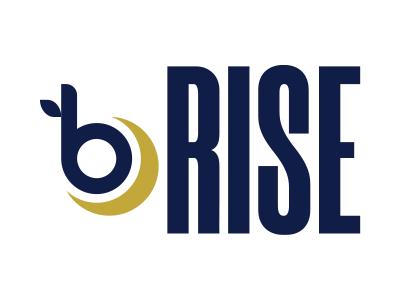DeFi, short for Decentralized Finance, has emerged as a revolutionary force in the traditional financial landscape. By leveraging blockchain technology, smart contracts, and decentralized applications (dApps), DeFi is reshaping the way we think about investing, borrowing, lending, and trading. In this article, we will explore the new investment frontiers that DeFi is opening up, and how individuals and institutions can take advantage of these innovative financial products and services.
The Rise of DeFi
DeFi has gained significant traction in recent years, fueled by the growing demand for decentralized and permissionless financial services. Traditionally, financial transactions have been intermediated by banks, payment processors, and other financial institutions, which can result in high fees, delays, and lack of transparency. DeFi aims to eliminate these inefficiencies by enabling peer-to-peer transactions, automated lending and borrowing, and decentralized trading.
One of the key components of DeFi is the use of smart contracts, which are self-executing agreements with the terms of the contract directly written into code. By automating the execution of financial transactions, smart contracts ensure trustless and secure interactions between parties, without the need for intermediaries. This innovation has enabled the creation of a wide range of DeFi products and services, including decentralized exchanges (DEXs), lending platforms, stablecoins, and yield farming protocols.
Investing with DeFi
One of the primary ways individuals can benefit from DeFi is through investing in digital assets and decentralized protocols. DeFi offers a wide range of investment opportunities, including staking, liquidity provision, yield farming, and token swaps. Staking involves locking up digital assets in a smart contract to participate in network consensus and receive rewards. Liquidity provision involves supplying digital assets to liquidity pools on decentralized exchanges, earning fees in return. Yield farming involves leveraging multiple DeFi protocols to maximize returns on invested assets. Token swaps allow users to easily exchange one digital asset for another using decentralized exchanges.
By investing in DeFi, individuals can potentially earn higher yields compared to traditional financial instruments, such as savings accounts and bonds. However, it is important to note that DeFi investments come with risks, including smart contract vulnerabilities, impermanent loss, and market volatility. Therefore, individuals should conduct thorough research, diversify their investments, and exercise caution when participating in DeFi activities.
Borrowing and Lending with DeFi
In addition to investing, DeFi also offers innovative borrowing and lending services that can provide individuals and institutions with access to capital and liquidity. Decentralized lending platforms allow users to borrow digital assets by providing collateral, which is locked in a smart contract until the loan is repaid. This enables individuals to access capital without the need for a traditional financial intermediary, such as a bank.
On the other hand, individuals can also earn interest by lending their digital assets to borrowers on DeFi platforms. Lenders receive interest payments for providing liquidity to the platform, which can potentially generate passive income. This decentralized lending model provides borrowers with greater flexibility and lower interest rates compared to traditional banks, while also offering lenders the opportunity to earn attractive yields on their investments.
Risks and Challenges
While DeFi offers exciting opportunities for individuals and institutions to explore new investment frontiers, it also poses risks and challenges that should not be overlooked. Security vulnerabilities, smart contract bugs, and hacking attacks have plagued the DeFi ecosystem, resulting in significant financial losses for users. Additionally, regulatory uncertainty and compliance issues remain a key concern for DeFi projects and participants, as governments around the world seek to establish rules and guidelines for decentralized finance.
Furthermore, the rapid pace of innovation in the DeFi space has led to the proliferation of complex financial products and services, which can be difficult for individuals to understand and navigate. Lack of transparency, auditability, and investor protection mechanisms are also common issues in the DeFi ecosystem, highlighting the need for improved standards and governance frameworks to ensure the sustainability and trustworthiness of decentralized finance.
Conclusion
In conclusion, DeFi represents a transformative evolution in the financial industry, offering individuals and institutions a wide range of innovative products and services to explore new investment frontiers. By embracing decentralized finance, investors can access higher yields, lower fees, and greater financial autonomy, while also contributing to the growth and development of the global blockchain ecosystem. However, it is important for users to educate themselves about the risks and challenges associated with DeFi, and to exercise caution when participating in decentralized financial activities. With the right knowledge and due diligence, individuals can harness the power of DeFi to diversify their investment portfolios and unlock new opportunities in the digital economy.

